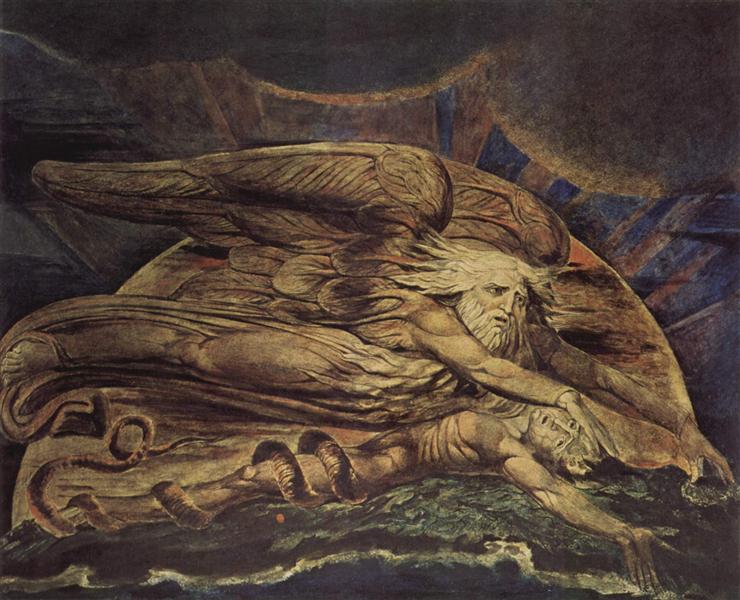Quote from the New York Association of Analytic Psychology web page:
"The SHADOW contains the unconscious aspects of our personality that have been lost, rejected or never integrated. If we can identify and acknowledge these unconscious, unrecognized or disowned parts of ourselves we are less likely to blame others for our problems. In addition, the conscious integration of the energy inherent in shadow material can enrich and enliven us. Thus Jung viewed shadow integration as a moral as well as a psychological process which, he believed, holds the most hope for us as individuals and for society as a whole."
On page 5 of Meeting the Shadow, The Hidden Power of the Dark Side of Human Nature, edited by Connie Zweig and Jeremiah Abrams we read that:
"Many forces play a role in forming our shadow selves, ultimately determining what is permitted expression and what is not. Parents, siblings, teachers, clergy, and friends create a complex environment in which we learn what is kind, proper, moral behavior, and what is mean-spirited, shameful, and sinful...
We cannot look directly into this hidden domain. The shadow by nature is difficult to apprehend. It is dangerous, disorderly, and forever in hiding, as if the light of consciousness would steal its very life."
We cannot look directly into Blake's shadow nor did he write directly about what Jung called the shadow. Blake did understand that the psyche may be governed by aspects of the unconscious which take over the functions of other portions.
Marriage of Heaven and Hell, PLATE 5, (E 34)
"Those who restrain desire, do so because theirs is weak enough
to be restrained; and the restrainer or reason usurps its place & governs the unwilling.
And being restraind it by degrees becomes passive till it is only the shadow of desire."
John Middleton Murry's book William Blake, speaks of Blake's dealing with the Selfhood which, though not the shadow, is a psychic force which shares characteristics with it. According to Murry, the Selfhood in Blake's unconscious had grown because of his recognition of the world's opacity of Urizen; "But when Los was in the condition of forgiveness, visited by the Eternal Vision, he loved Urizen; and Urizen being loved, became other."
Murry's description of Blake's experience with his Selfhood resembles accounts of experiences of shadow encounters in Jungian therapy. "Blake's experience of the Selfhood was very deep. He had seen it face to face; known it, so to speak, in essence. For the Selfhhood had grown to power in him in pondering the mystery of that finite creation which he knew to be infinite. Out of the effort to exorcise the Selfhood in men, his Selfhood had grown. Once he could accept that mystery, in all humanity, and know himself forgiven; once he could see that this was the inevitable destiny of the pilgrim towards Eternity, and that the process of Life itself, at its very acme of spiritual intensity and candor, created the Selfhood as a means by which it grew - the heart of the 'mystery of iniquity' lay open to him. He knew the origin, in himself. Providence had begun indeed."
Four Zoas, Night 7, Page 95, (E 367)
"Los embracd the Spectre first as a brother
Then as another Self; astonishd humanizing & in tears
In Self abasement Giving up his Domineering lust
Thou never canst embrace sweet Enitharmon terrible Demon. Till
Thou art united with thy Spectre Consummating by pains &
labours
That mortal body & by Self annihilation back returning
To Life Eternal be assurd I am thy real Self
Tho thus divided from thee & the Slave of Every passion
Of thy fierce Soul Unbar the Gates of Memory look upon me
Not as another but as thy real Self I am thy Spectre"

No comments:
Post a Comment